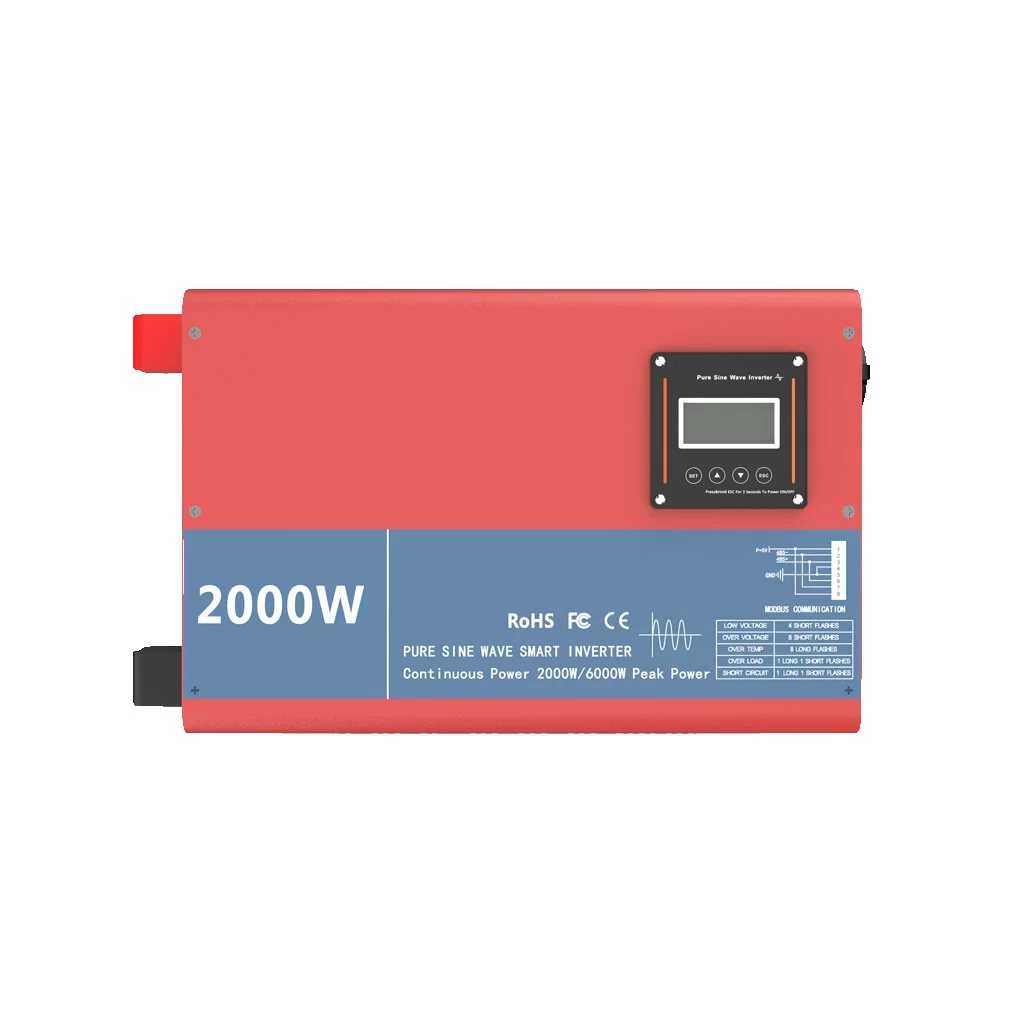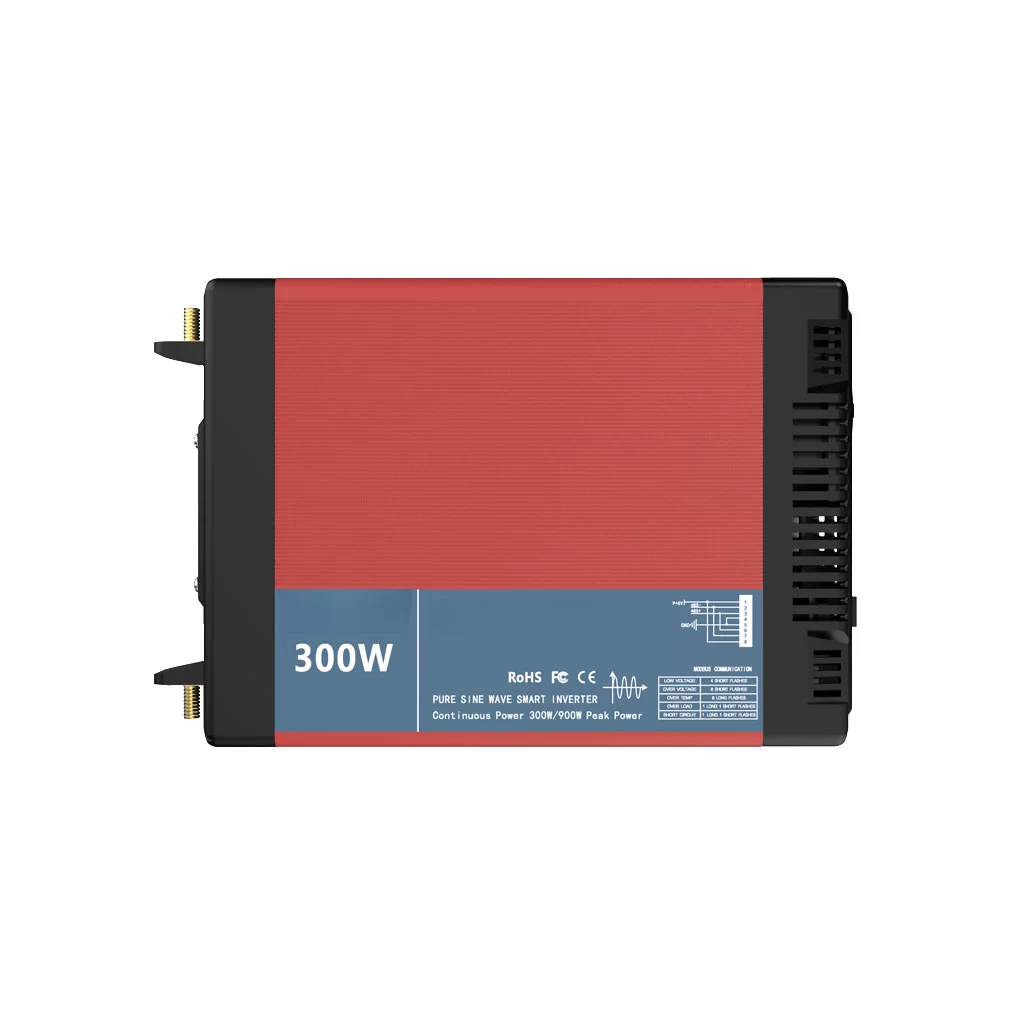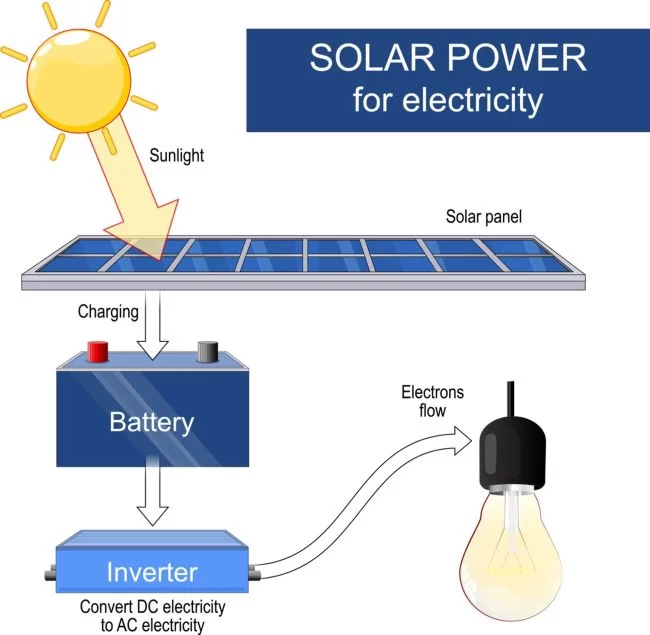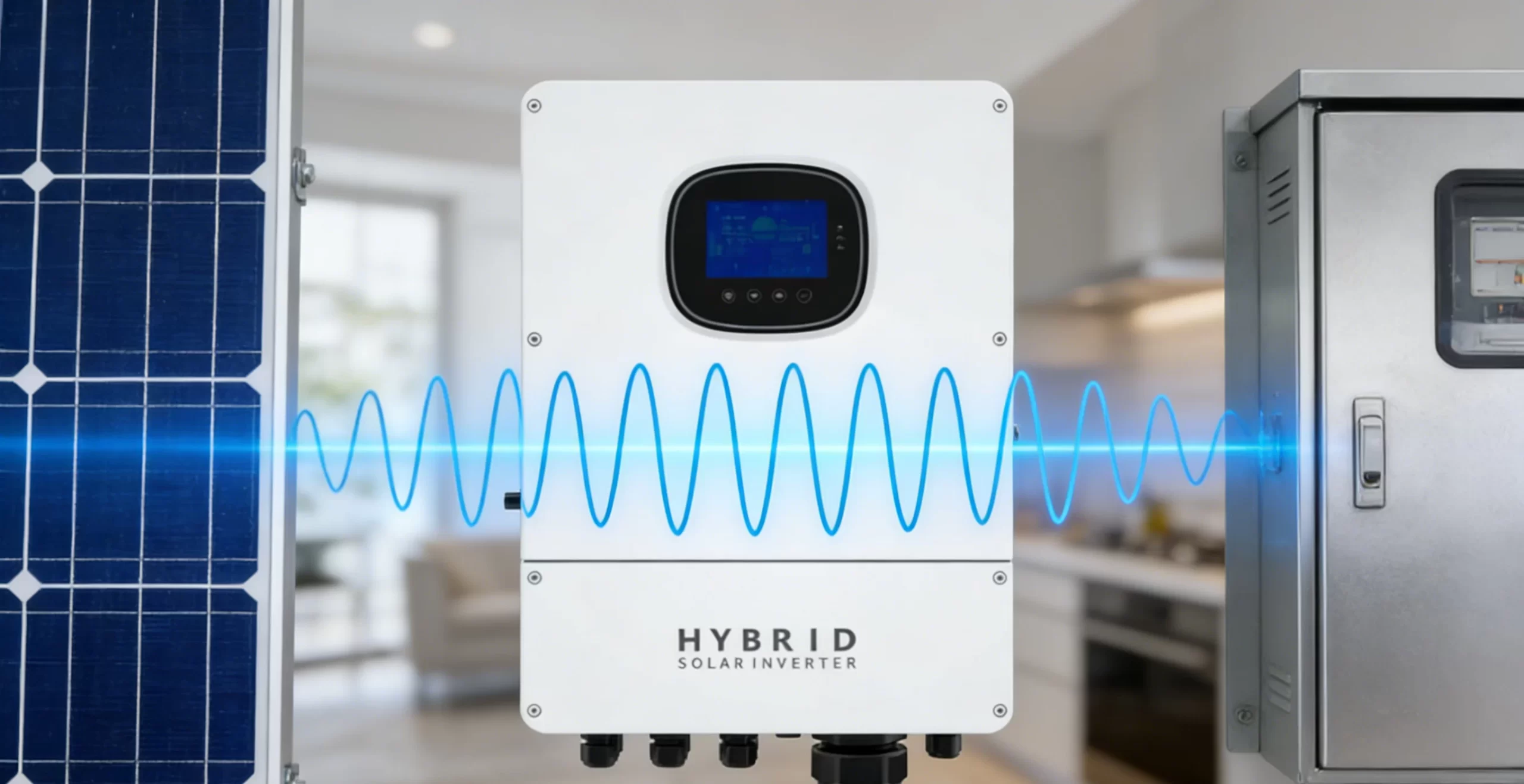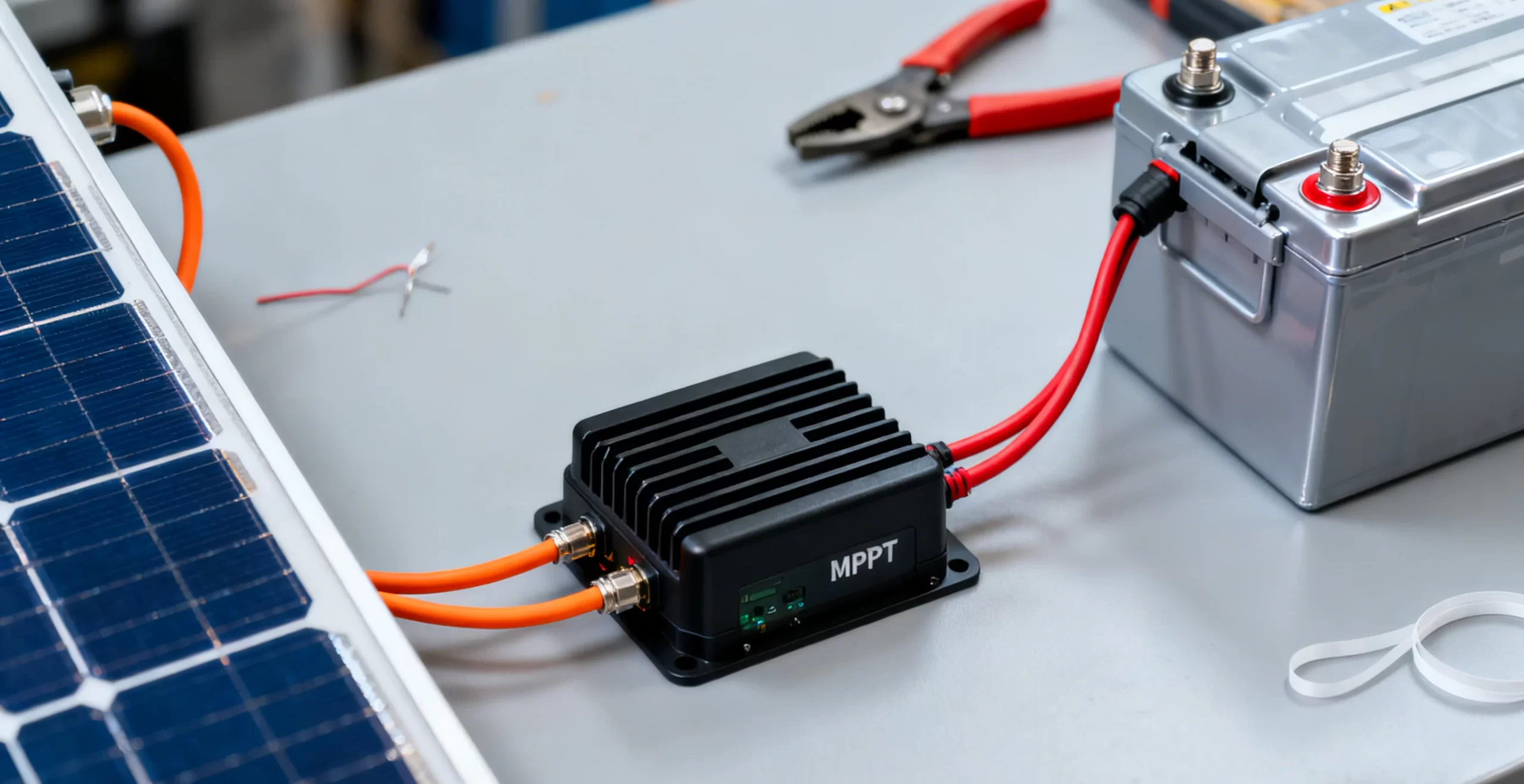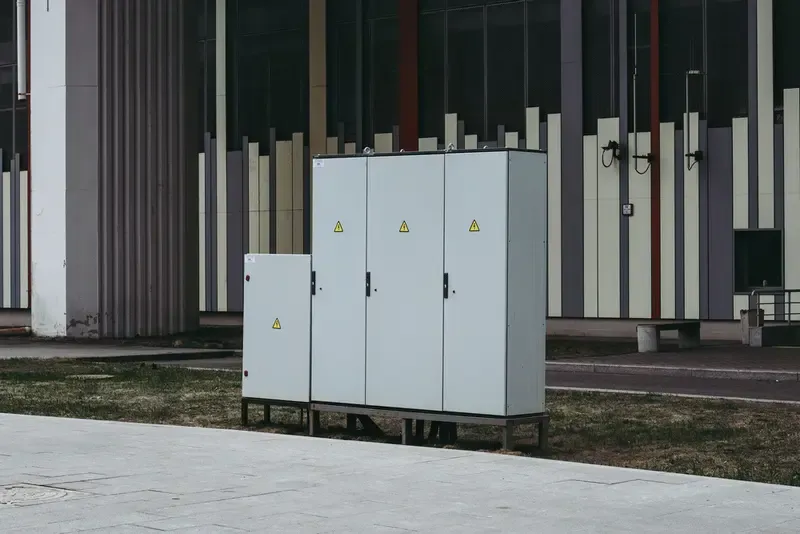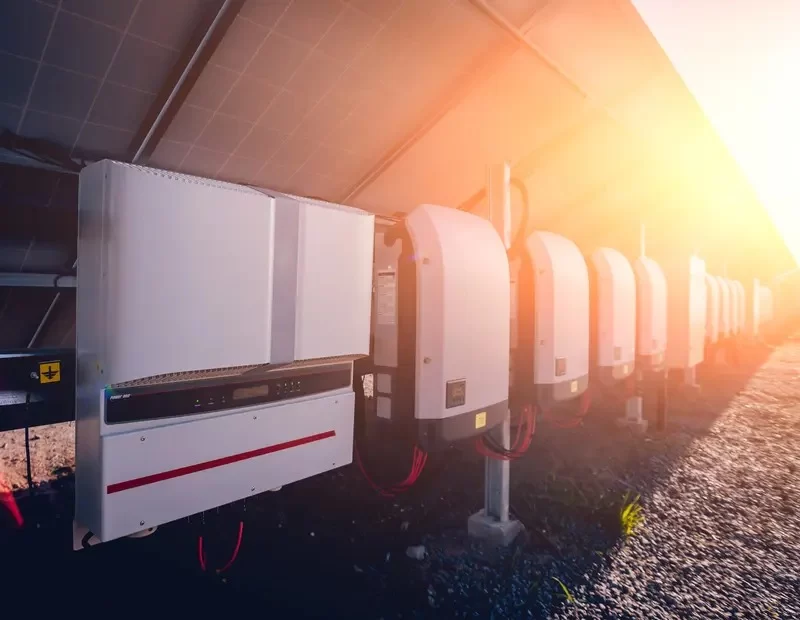- tel:+86-13651638099
- Email: [email protected]
- Official website: www.hj-net.com
- Address: 333 Fengcun Road, Fengxian District, Shanghai
Get A Quote Now!
The Evolution of Solar Panel Technology
Solar panel technology has made significant strides over the past few decades. With advancements in materials and design, the efficiency and affordability of solar panels have greatly improved, making renewable energy more accessible to the general public. In this article, we will explore the evolution of solar panel technology, its benefits, and its future prospects.
Early Developments in Solar Technology
The journey of solar technology began in the 19th century with the discovery of the photovoltaic effect by French physicist Alexandre Edmond Becquerel. However, it wasn’t until the mid-20th century that the first practical solar cells were developed. These early solar cells had very low efficiency, converting only about 6% of sunlight into electricity. Despite their limitations, they paved the way for future research and development in the field of solar energy.
Advancements in Materials and Efficiency
One of the key factors driving the evolution of solar panels is the improvement in materials. The introduction of silicon-based solar cells marked a significant milestone. These cells, known as monocrystalline and polycrystalline solar panels, offered better efficiency and durability compared to earlier technologies. Monocrystalline panels, in particular, became popular due to their higher efficiency rates, often exceeding 20%.
In recent years, new materials such as perovskite have emerged, promising even greater efficiencies and lower production costs. Researchers are continuously working on improving the stability and scalability of perovskite solar cells, aiming to bring them to the commercial market soon.
Benefits of Modern Solar Panels
Modern solar panels offer numerous benefits, making them a popular choice for both residential and commercial applications. One of the primary advantages is their ability to provide clean and renewable energy, reducing dependence on fossil fuels and lowering greenhouse gas emissions. Additionally, the cost of solar panels has decreased significantly over the years, making them a more affordable option for many households and businesses.
Another important benefit is the long lifespan of solar panels. Most panels come with warranties of 25 years or more, ensuring long-term savings on energy bills. Moreover, advancements in technology have improved the efficiency of solar panels, allowing them to generate more electricity even in less-than-ideal conditions.
Future Prospects of Solar Technology
The future of solar technology looks promising, with ongoing research focused on enhancing efficiency and reducing costs. Innovations such as bifacial solar panels, which capture sunlight from both sides, and transparent solar panels, which can be integrated into windows and other surfaces, are expected to revolutionize the industry.
Additionally, the integration of solar panels with energy storage solutions is becoming increasingly important. Combining solar panels with battery storage systems allows for the efficient use of solar energy even when the sun isn’t shining. This development is particularly significant for regions with unstable power grids or limited sunlight.
Conclusion
In conclusion, the evolution of solar panel technology has come a long way, from early low-efficiency cells to the highly efficient and affordable panels available today. With continuous advancements in materials and design, the future of solar energy looks bright. Embracing solar technology not only provides clean energy but also contributes to a sustainable future. Explore our range of innovative solar products and join the renewable energy revolution today!





